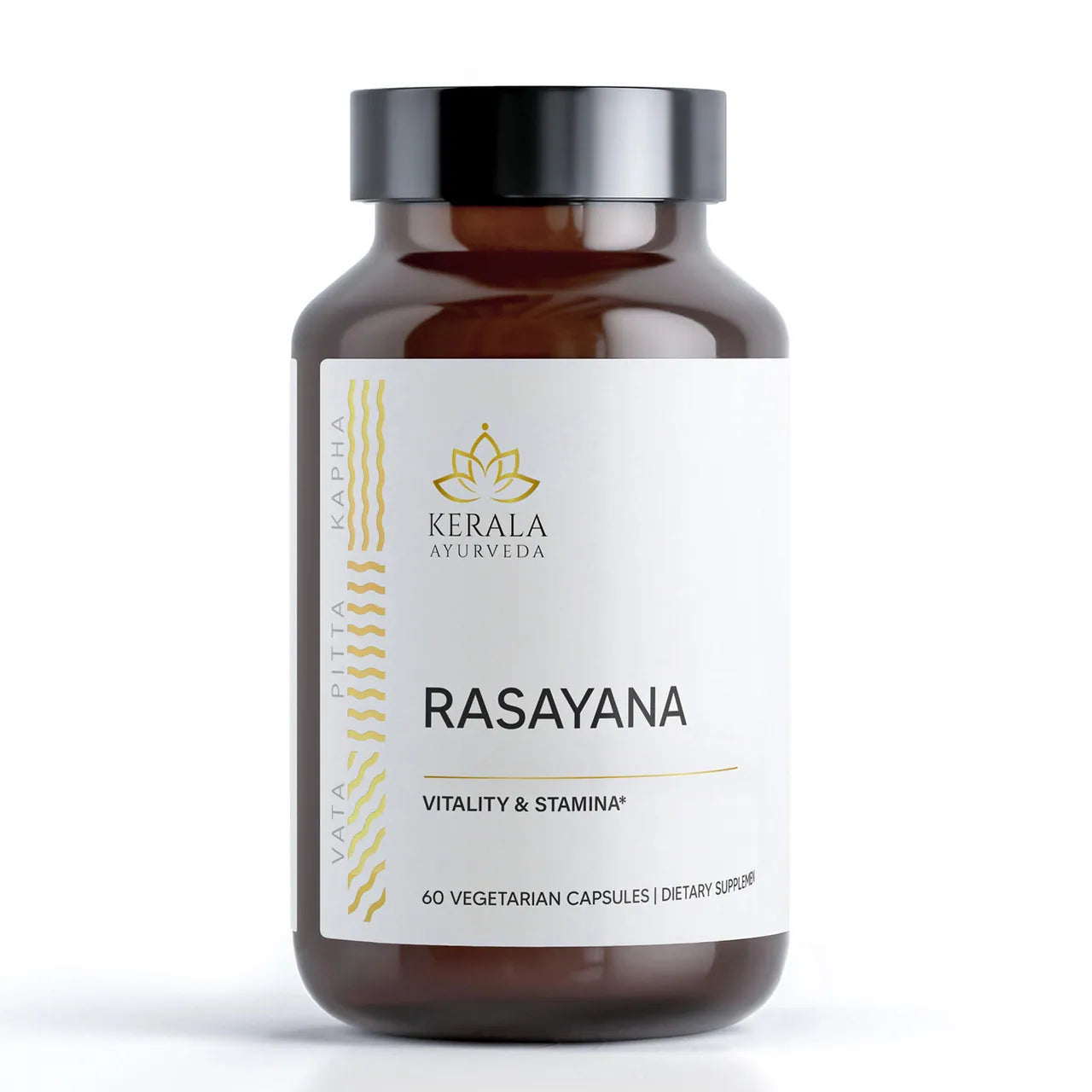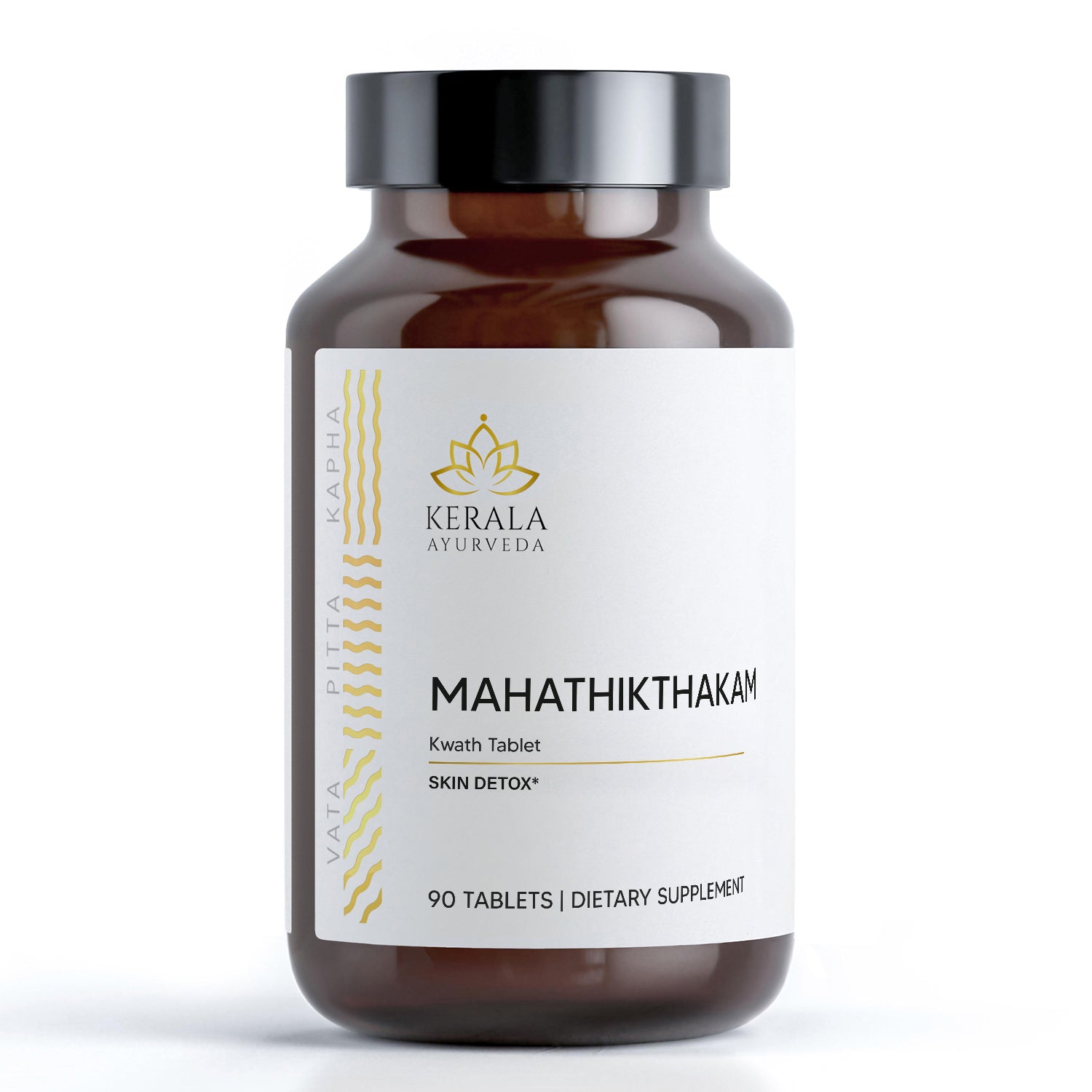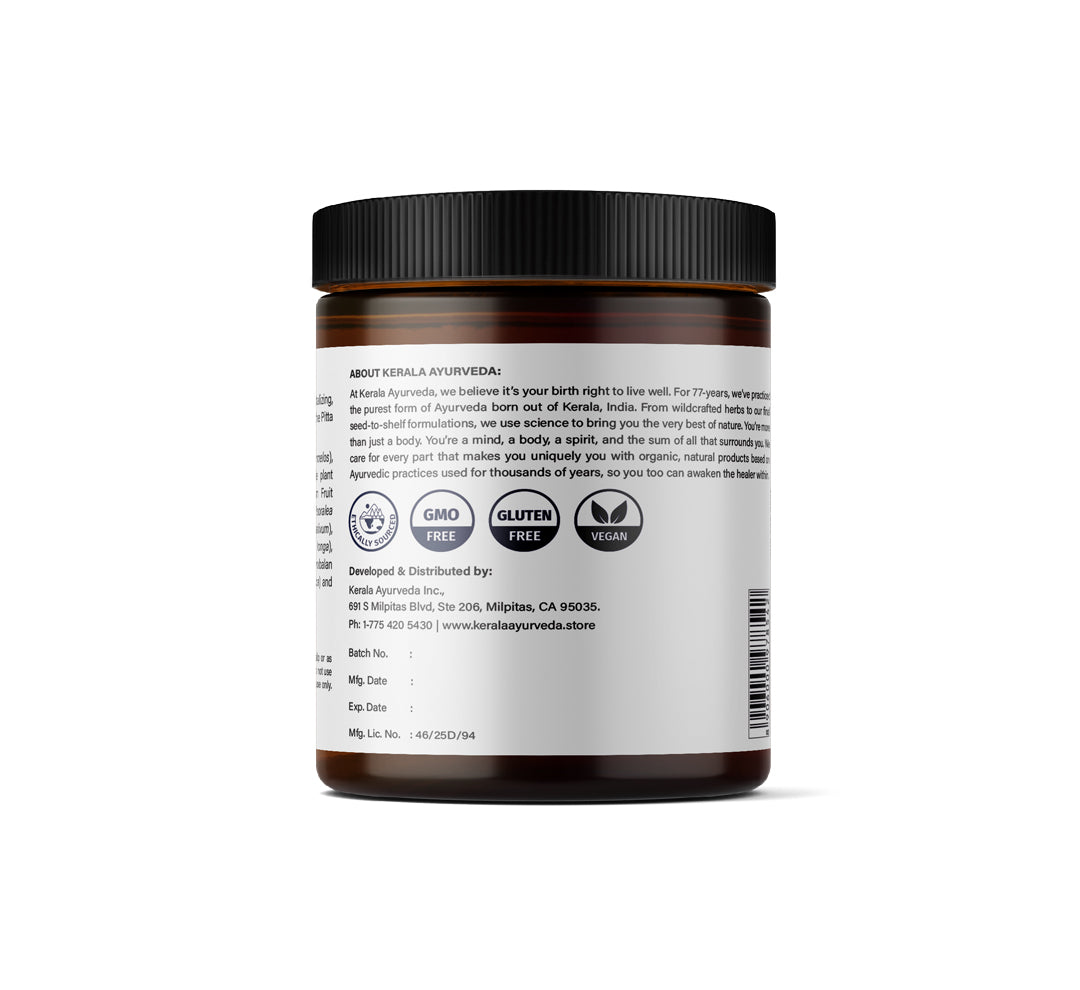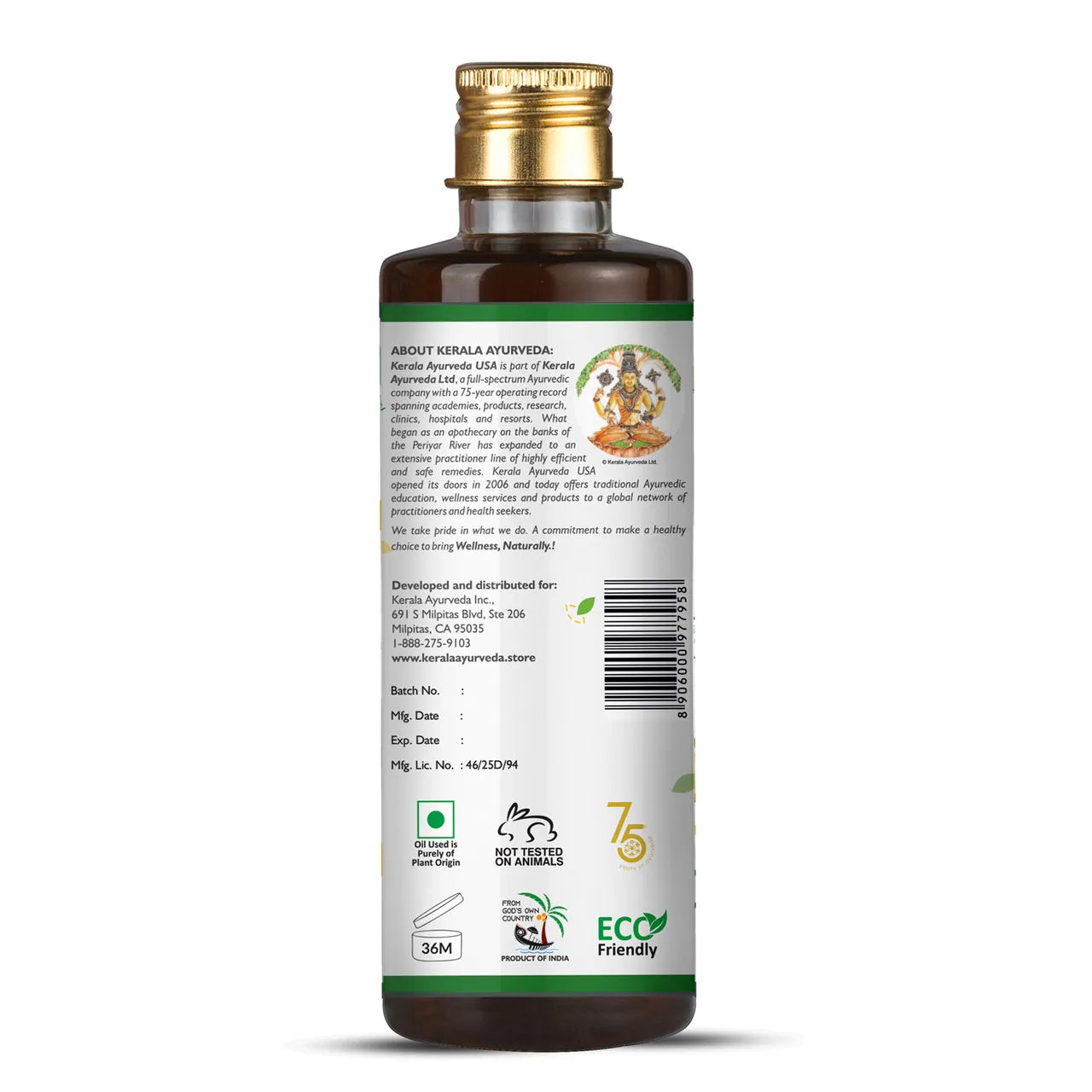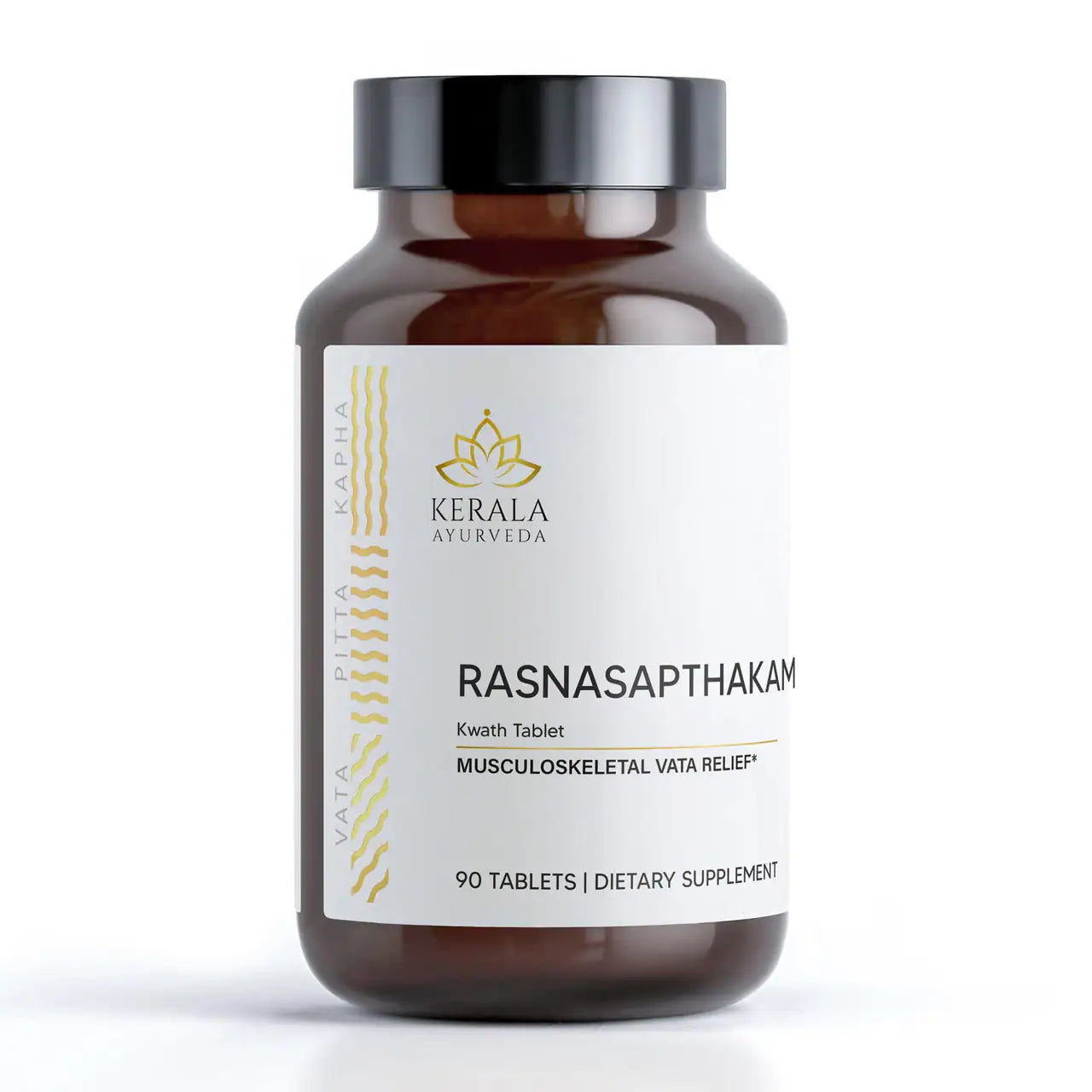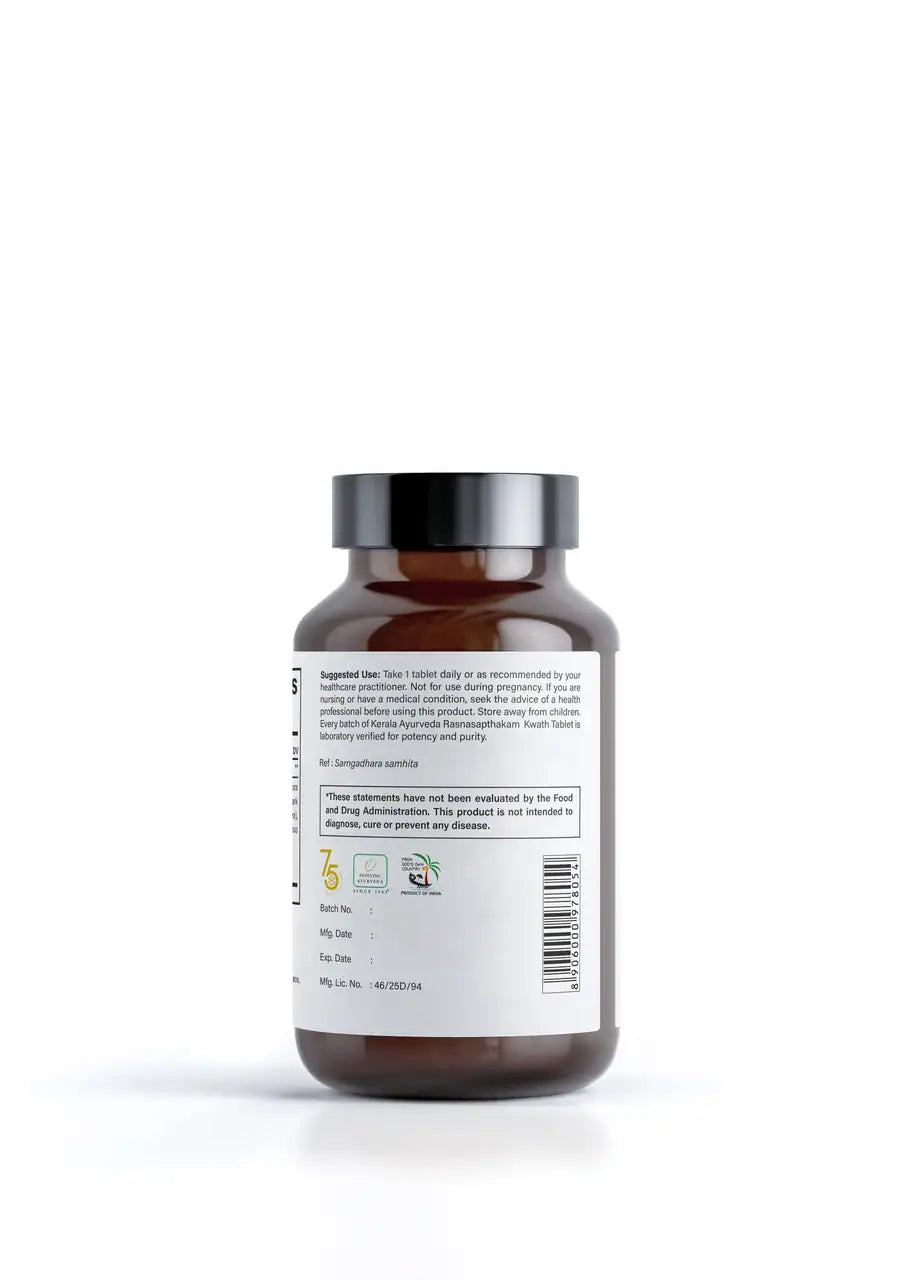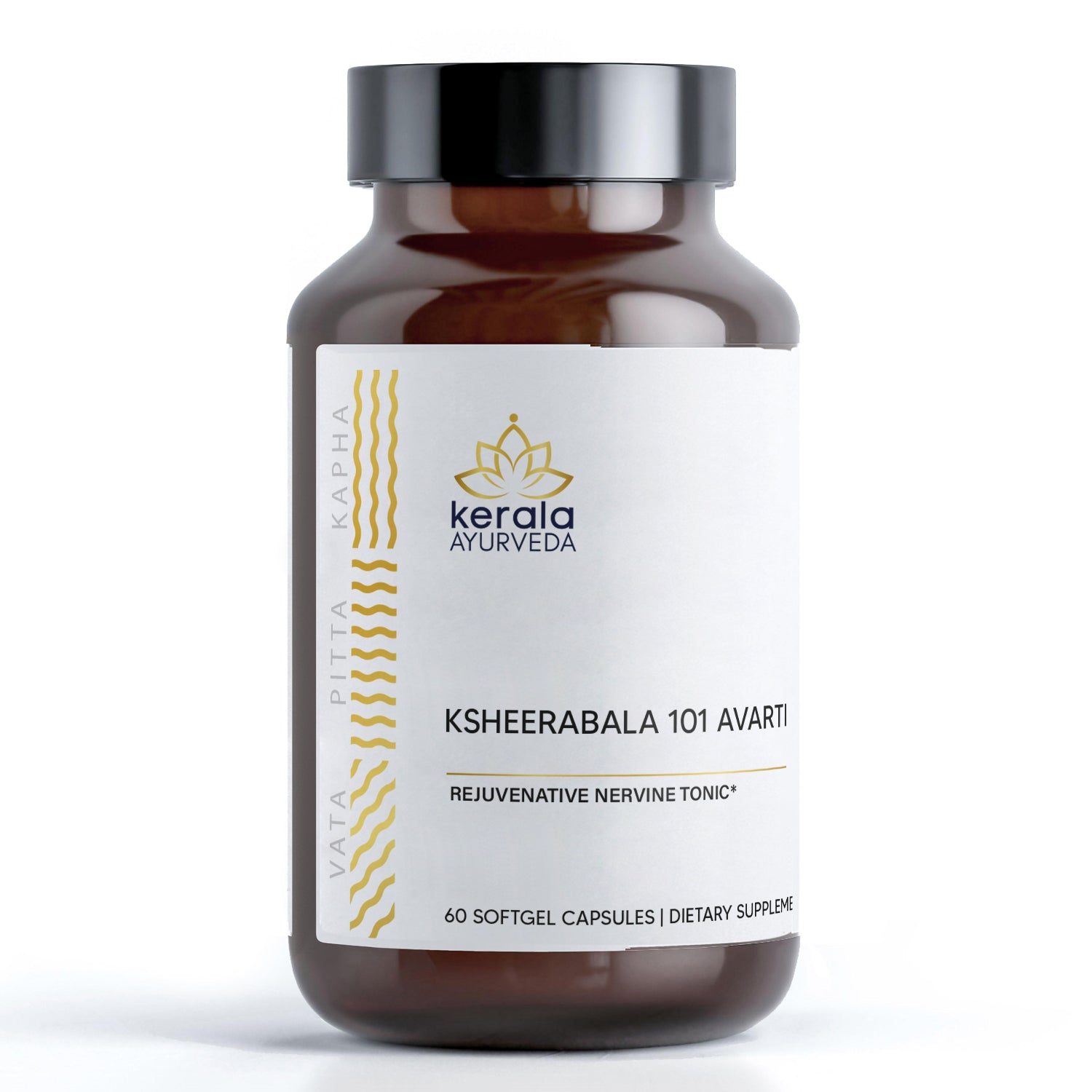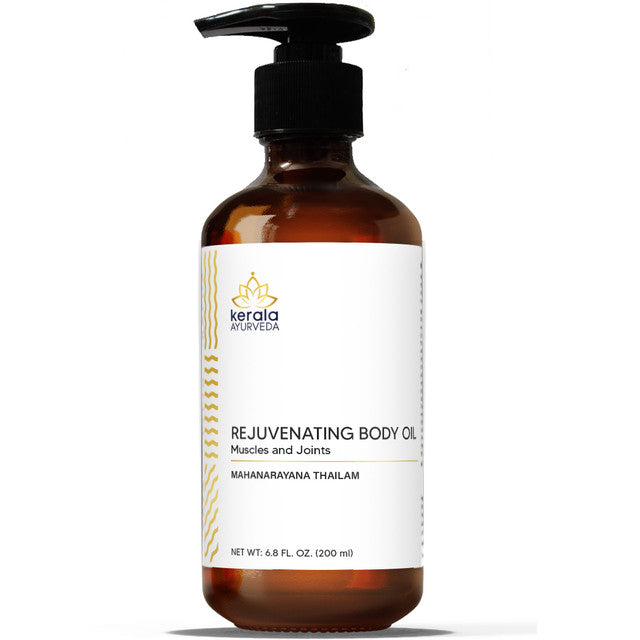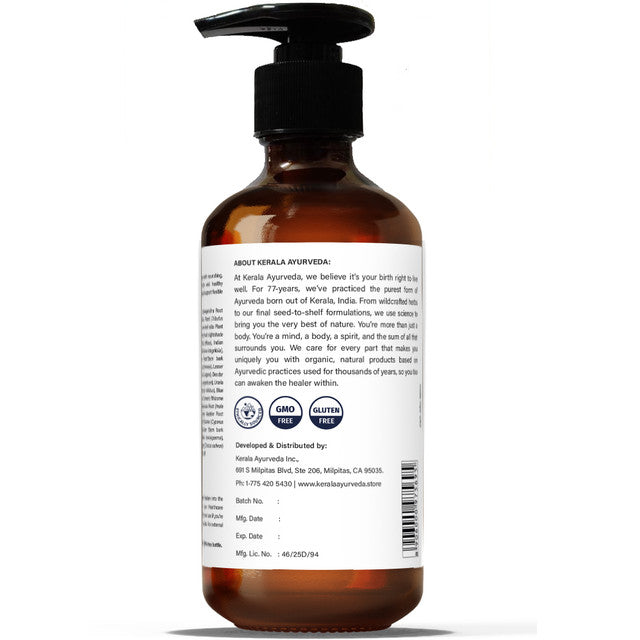Highlights
Looking for Ayurvedic remedies for high blood sugar control? If you have been diagnosed with diabetes, it is important to know that there are a number of things you can do to help maintain your blood sugar levels. Ayurveda, a form of alternative therapy, emphasizes the importance of maintaining a healthy lifestyle and eating a nutritious, balanced diet.
If you are a diabetic looking for natural remedies for high blood sugar, start off by consulting an Ayurvedic doctor to get a better understanding of the inner workings of your body and how optimized your Dosha levels are. The Ayurvedic doctor will prescribe herbal remedies to help support your blood sugar levels if needed. While supplements can certainly help, you can also put into effect a few home remedies for high blood sugar. It’s important to have a healthy diet that is rich in vitamins. You can consider vegetables and fruits for this.
Apart from that, it’s crucial to exercise or practice yoga regularly. Also, drink plenty of water, meditate, and perform self-massages (Abhyanga) every day to manage stress levels. Adequate sleep goes without saying. In addition to putting these remedies to control sugar into effect, make sure to monitor your blood sugar levels from time to time and report any inconsistencies to your doctor immediately.

How Can Ayurveda Help In Controlling Diabetes?
According to the National Diabetes Statistics Report, 2020 by CDC, nearly 1 in 10 Americans have diabetes, and 1 in 3 are at risk of developing it. It is believed that nearly 8 million of them may not even know about it.
Diabetes, in simple words, is a lifestyle disorder where the ability of our body to process food for energy is no more up to the mark. A sedentary lifestyle, hereditary causes, excess amounts of junk, and stress can make you a step closer to developing it.
Factors that aggravate the disease include:
- Lack of physical activity
- Stress
- Excessive consumption of unhealthy and junk food
- Excessive consumption of sugary beverages
- Hereditary
Diabetes treatment involves long-term follow-ups, medications, and regular check-ups.
Diabetes – A lifestyle disorder
Did you know that 29.1 million Americans are diabetic? It is believed that nearly 8 million of them may not even know about it. Every year more than a million Americans are diagnosed with diabetes. A more concerning statistic is that one out of every three Americans has prediabetes, which only increases the risk.
Diabetes today has become a lifestyle disorder more than a disease. Factors that aggravate the disease include:
- Lack of physical activity
- Stress
- Excessive consumption of unhealthy and junk food
- Excessive consumption of sugary beverages
Those who have diabetes know the pain involved. Diabetes must be avoided because of the following symptoms:
- Tingling sensation in the limbs
- Wounds that are slow to heal
- The risk of developing complications like kidney failure
Conventional treatment focuses on medication for treatment. Unfortunately, these medicines have chemicals that lead to side effects. Anyone who wants a safe and chemical-free solution to the problem of diabetes can consider Ayurvedic treatment for diabetes.
The Science of Ayurveda
Ayurveda is an ancient system of healing that has been practiced for more than 5,000 years. Ayurveda originated in India, the land of Gods and sages. It is believed that Ayurveda was a gift from Lord Brahma, the creator of the world. Ayurveda comes from two Sanskrit words: Ayu (life) and Veda (science). Ayurveda is the science of life and the oldest known documented healthcare system. It relies on the healing richness of nature to manage diseases and health problems, with the emphasis on supporting optimal life and health.
With thousands of rare medicinal plants growing in the wilds of India, the ancient practitioners transcribed their properties in the root texts of Ayurveda, still used today. These herbs are used to make Ayurvedic medicines to manage various imbalances and health problems. Ayurveda is a practice widely prevalent in India that has been successfully used for thousands of years to heal a wide spectrum of ailments and diseases. Although it originated in India, the science of life is now practiced across the world and its popularity is growing. Thousands of people today reap the benefits of this system of medicine that focuses on safety through herbal medicines that are free from chemicals.
Madhumeha and Ayurveda
Diabetes mellitus (Type 2 diabetes) is a condition in which blood sugar levels in the body are high because the body either doesn’t produce enough insulin or resists insulin. When uncontrolled, it can affect internal organs and have a deteriorating effect on overall health. Madhumeha is the Ayurvedic terminology for imbalanced sugar metabolism. Madhu means sugar, and meha, which means urination, describes the appearance of abnormal amounts of sugar in the urine.
Ayurveda, as a science, uses the concept of Doshas to explain diseases. Dosha refers to the primary functional energies in our bodies. There are three such Doshas – Vata (governing space and air elements), Pitta (governing fire and water elements), and Kapha (Water and earth elements). The doshas are energies that change depending on our actions, our thoughts, the food we consume, the seasons, and our environment. When the three Doshas are at their optimal levels, we enjoy good health. It goes without saying that an imbalance of the Tridoshas (Vata, Kapha, Pitta) can lead to health issues. Impaired sugar metabolism and Kapha go hand in hand, and excess Kapha dosha can upset glucose metabolism.
Excess of Kapha energy happens due to excess consumption of food (especially sweets) or inactivity. This vitiation of Kapha affects the working of bodily systems and normal metabolism. As a result, the body finds it difficult to process sugar, and it remains in the blood, damaging the cells. Ayurvedic remedies make use of herbs prescribed by the ancient texts to balance the Kapha Dosha and thereby ensure the normal blood sugar levels remain in control.
Ayurvedic herbs that can support high blood sugar
Traditional Ayurvedic herbs for diabetes are a valuable asset to keep these energies at their optimal levels. A very classic representation of impaired glucose metabolism by Ayurveda is as follows:
- Inactive lifestyle
- Extreme drowsiness
- Kapha promoting activities
At Kerala Ayurveda, Ayurvedic supplements for healthy glucose metabolism aim to employ the effective herbs recommended by ancient texts and help maintain normal blood sugar levels.
Ayurvedic practitioners focus on healing the digestive fire, that is, Agni, as their primary step. Let us have a brief look at what herbs are valuable in managing Diabetes by Ayurveda:
- Neem: Diabetes mellitus is of two types, I and II. Both occur either due to the destruction of beta cells or their dysfunction. Neem is a herb found in the goodness of nature that helps maintain the normal health of beta cells of the pancreas. These beta cells then release insulin, glucose (blood sugar) lowering hormones. Neem also acts as a natural detoxifier.
- Gymnema: Gurman or Shardunika is regarded as ‘sugar destroyers.’ Gymnema aids in the natural production of insulin and helps maintain normal blood sugar/glucose.
- Turmeric: Here comes an all-rounder herb with natural antioxidant properties to tackle sugar metabolism.
- Amalaki: Also known as Amla, it is the Indian gooseberry. Amla is enriched with vitamin C, and studies have shown its beneficial effects on diabetes. Vitamin C helps sustain normal blood sugar and helps maintain lipid deposition in Diabetes type II.
- Guduchi: Guduchi herb encourages normal sugar metabolism to keep the blood glucose levels under control.
Given Ayurveda’s extensive focus on maintaining healthy glucose metabolism, the importance of diet should never be forgotten.
An Ayurvedic proverb says, “If the diet is wrong, medicine is useless; If the diet is correct, no medicine is required.“
Given the balance of Kapha energy, we should consume warm, dry, and light foods with less fat. They should contain ample amounts of fruits and vegetables to improve your health and metabolism of the body in general. We are with you at every step. With Kerala Ayurveda, you get to live your life to the fullest in a natural and holistic way.
Ayurvedic best practices to control blood sugar levels
An Ayurvedic adage states, “When diet is wrong, medicine is of no use; when diet is correct, medicine is of no need.” As Ayurveda uses a holistic approach to manage diseases it does not depend only on herbs or supplements but also suggests a range of measures that can lead to numerous health benefits. Some of the best practices for Ayurvedic sugar control include:
- Diet is one of the ways to control blood sugar levels. Since the Kapha Dosha is imbalanced, it is suggested to consume foods that are warm, light, and dry and to avoid cold and oily foods. Eating more fruits and vegetables is recommended with less fat.
- Yoga is an ancient Indian discipline focusing on mental, physical, and spiritual practices to improve health. Yoga helps in strengthening the body and balancing the mind through postures known as asana. Yoga practices help in relaxing the mind, which helps to solve stress-related issues. Pranayama or breathing exercises are an important element of Yoga that helps in keeping the body healthy and fit. Studies have shown the positive benefits of Yoga in reducing blood sugar levels.
- Ayurvedic medicines can be taken to control blood sugar levels. Glymin tablets and capsules like Amalaki and Guduchi restore Kapha imbalance and control blood sugar levels.
- Ayurveda suggests following a healthy lifestyle with a regular routine. Early to bed and early to rise helps in improving body metabolism. Eating healthy food, being physically active, and avoiding smoking and alcohol can be very helpful in ensuring energy balance and good health.
Diabetes if left unchecked and untreated can severely impact your day to day activities. A proper diet, sufficient physical activity, and the right natural supplements from the house of Ayurveda can help you manage blood sugar levels and start enjoying life to the fullest.
FAQ’s
Q1. How can I manage my diabetes?
While it is not yet possible to cure diabetes, helping to manage diabetes requires taking a holistic approach to target its real cause. Ayurvedic therapy will help in doing this for you and helps you maintain a healthy life despite diabetes. What Ayurvedic supplements do is help provide a healthy and natural option for helping to manage the disease.
Q2. How can I deal with the symptoms of diabetes?
You will need to make some changes in your life, including:
- Cutting down on your intake of sugary foods and refined carbohydrates.
- Regularly working out to help in breaking down the excess sugars in your blood.
- Drinking more water
- Quit smoking and drinking alcohol.
Q3. What foods are good for a diabetic person?
There’s no cure for diabetes; however, you can help reduce the effects of diabetes by eating a healthy diet and using Ayurvedic ingredients in your cooking. A healthy diet should consist of less sugar and carbohydrates. If you have been diagnosed with diabetes, it is recommended that you consume hearty portions of vegetables everyday. Also, include healthy grains, like quinoa, in your diet. Cut down on your consumption of red meat
Taking Kerala Ayurveda supplements, such as Glymin tablets and Sumehi capsules are extremely beneficial to support healthy glucose levels already within normal range.
Q4. Can I eat fruits that are high in sugar if I am diabetic?
While you should not eat foods that have added sugar, like pastries and cookies, it is safe to eat fruits with natural sugars in moderation. Just ensure you don’t overdo it. Instead of consuming over ripe fruits that have higher sugar content, fruits that consume Along with fruits, Ayurvedic practitioners recommend that you eat a lot of vegetables and healthy grains, and protein to maintain your normal blood sugar levels.
Q5. Can I eat eggs if I am diabetic?
Yes, eggs don’t have too many carbohydrates, so your blood sugar will not spike substantially if you eat an egg. As always, make sure to eat it in moderation. If you are a diabetic, you can maintain your blood sugar levels by consuming Ayurvedic supplements like Sumehi capsules and Glymin tablets.







